According to federal government officials, the new Maya Train that is currently being built will cost more for tourists than for locals. Set to begin riding next year, the train will connect a number of destinations, allowing for quicker, easier travel between certain areas within the southeastern region of Mexico. Although it will not be ready to take passengers for a while, many people are wondering just how much they will have to pay for this newfound convenience. The fact is, there is no actual set price yet, but the federal government has made an announcement regarding a variation in prices.
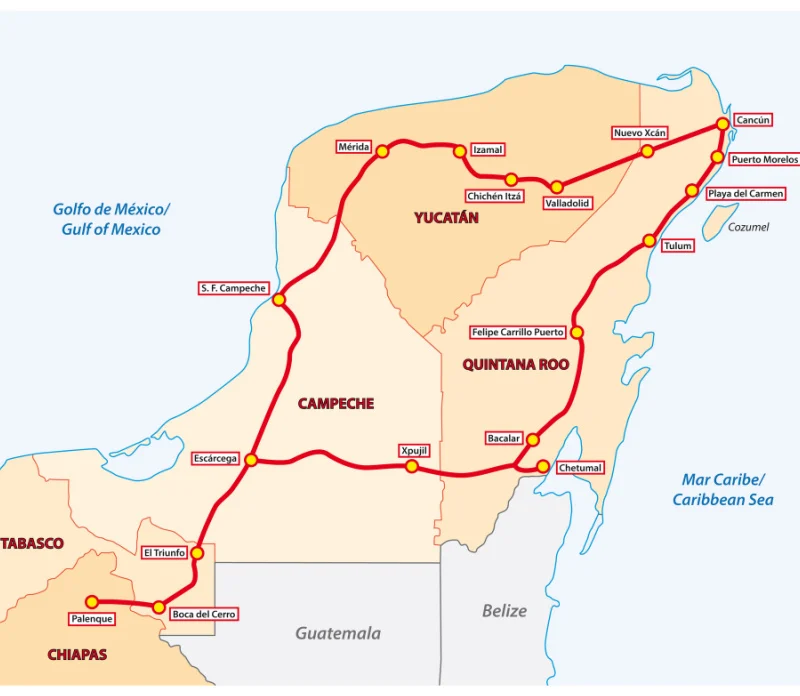
In the recent announcement, the spokesperson stated that locals in a particular area would pay the least amount to ride on the train. This would be followed by national and international tourists, who would pay the most for their train tickets.
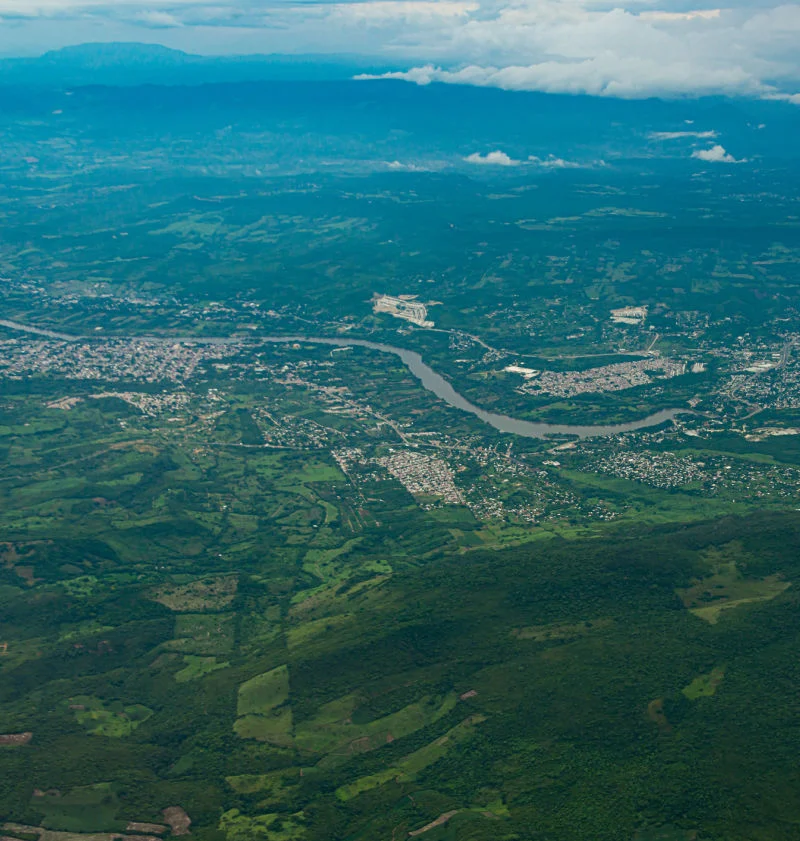
The plans to build the Maya Train were first introduced in 2018 but construction didn’t start until 2020, but is well underway now. Completion of the train project is estimated to take place in December of 2023 and will not only be convenient but will also create thousands of jobs throughout the area. In addition, it will connect locals and travelers in urban areas to more rural areas, and vice versa.
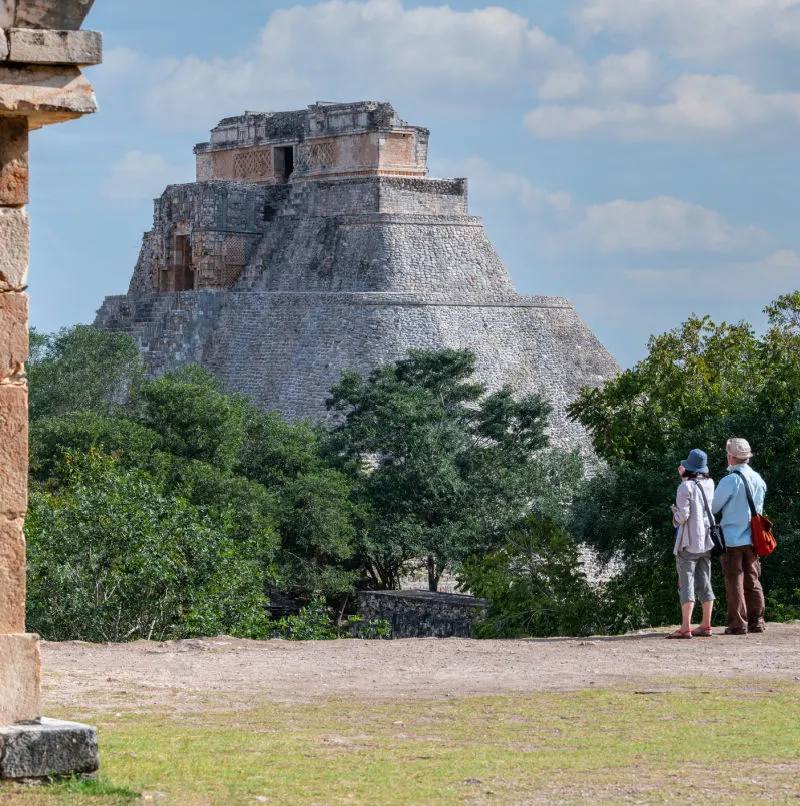
For locals this means better jobs and more options, for travelers, it means being able to visit tourist areas outside of the local beaches that so many are drawn to the area for. Many of these more rural tourist areas have been out of reach but with the development of the train will now be within easy access.
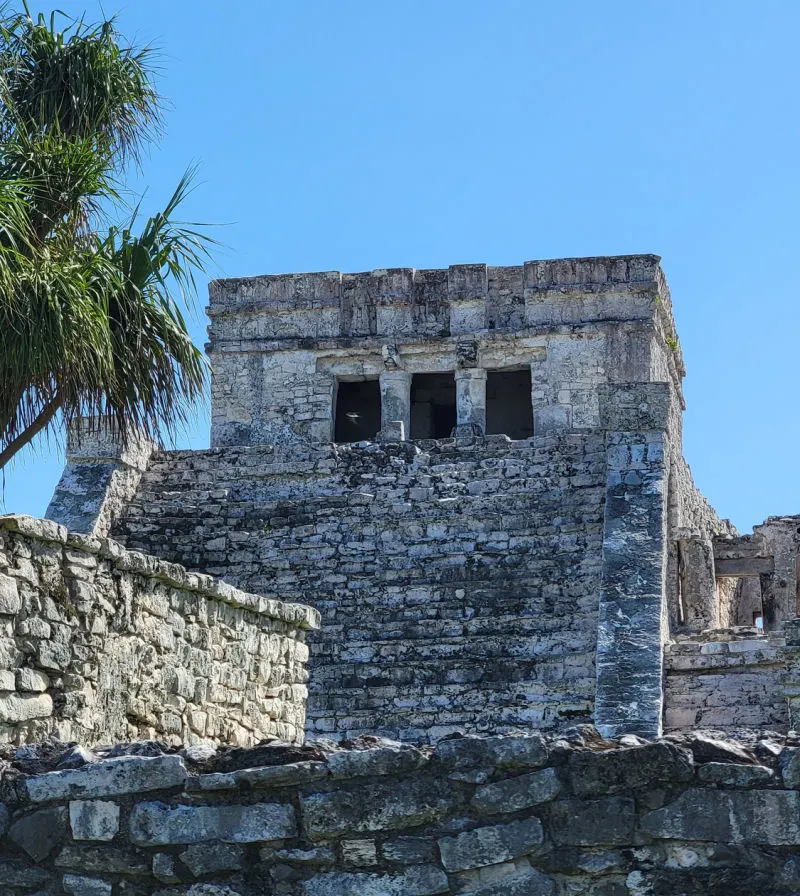
The Maya Train, also referred to as Tren Maya, will spread across nearly 1,000 miles of southeast Mexico. It will connect the state of Quintana Roo, which is where Cancun is, to the states of Yucatan, Campeche, Tabasco, and Chiapas. A total of 21 stations will service the train. Some of the most popular places that will be home to one of these stations include:
- Merida International Airport
- Cancun International Airport
- Puerto Morelos
- Playa del Carmen
- Tulum
- Tulum International Airport
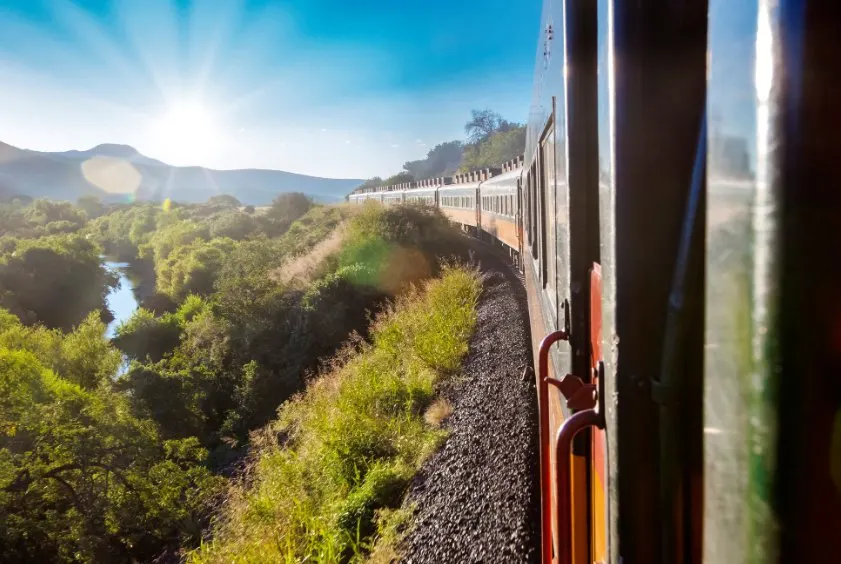
These and other stations will put tourists in closer proximately to many historical and natural destinations. It will be much simpler to take day trips to places like the ancient Mayan ruins, other popular beaches along the Riviera Maya, and historic towns throughout the Yucatan Peninsula. There will be a total of 17 different stops that will put tourists and locals in touch with the diverse offerings that can be found in the area.
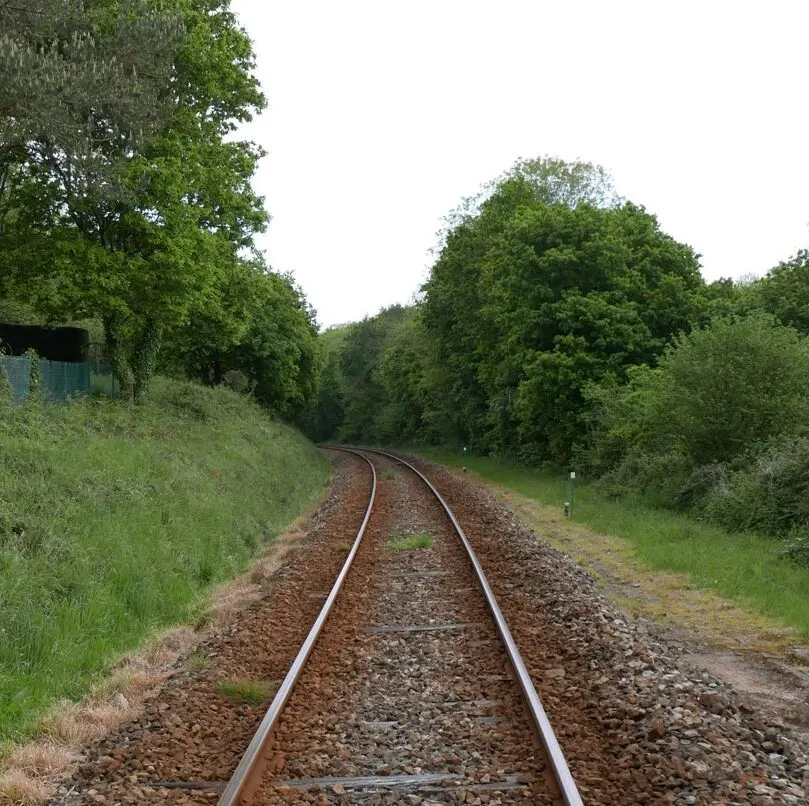
While there is no definitive price set for the train yet, this new announcement has made it clear that locals to the region will pay much less than tourists from both national and international destinations. The price for those that live in the areas where there will be train stations and stops is currently being estimated at around 50 pesos. In U.S. dollars today that would equal around $2.50. For tourists, though, that price could be as much as 20 times higher than what the locals pay. This would mean that tourists would pay somewhere in the range of $50.00 to ride the train, or approximately 1,000 pesos.
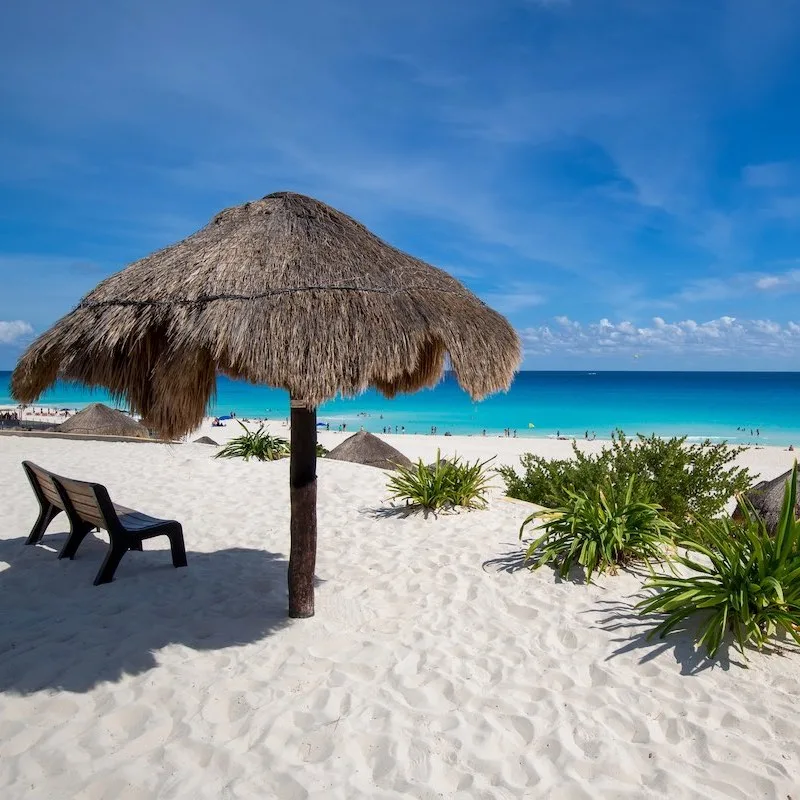
Even though the cost to ride the Mayan Train will be considerably higher for tourists, for many it will be worth the money to have access to so many different destinations. When the train project is completed, this will give those that visit Cancun and the Riviera Maya the opportunity to see more of the beauty and history that Mexico has to offer.
Plan Your Next Cancun Vacation:
Traveler Alert: Don’t Forget Travel Insurance For Your Next Trip!
Choose From Thousands of Cancun and Riviera Maya Hotels, Resorts and Hostels with Free Cancellation On Most Properties
↓ Join the community ↓
The Cancun Sun Community FB group has all the latest travel news, conversations and tourism Q&A’s for the Mexican Caribbean

Subscribe to our Latest Posts
Enter your email address to subscribe to The Cancun Sun’s latest breaking news affecting travelers, straight to your inbox.

JT
Thursday 20th of April 2023
Many countries charge higher fares for international tourists and low fares for locals. Peru Rail is a good example of this. It's nothing new.